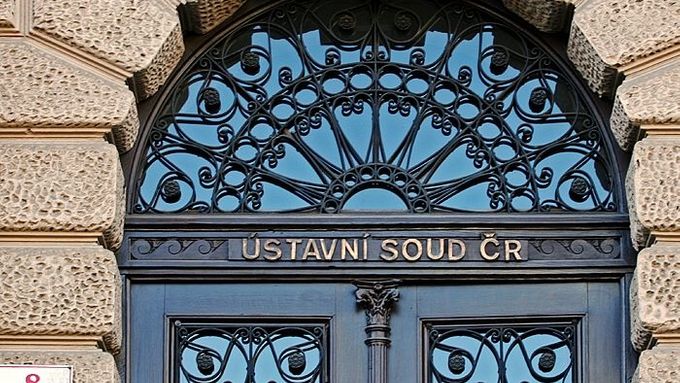Brno - The Constitutional Court has rejected a complaint filed by Czech-based Ukrainian entrepreneur whose assets were seized earlier this year after he was arrested on charges of using thousands of Ukrainian workers as slave labour.
The man stands accused of blackmailing workers and forcing them to work and live in inappropriate conditions without rest and healthcare.
A lower court has ordered the seizure of most of his assets, including cash in bank accounts and securities, after the investigators said the entrepreneur had obtained those assets through criminal activities.
I can't feed my family
The man later turned to the Constitutional Court. He complained that he had been denied his right to own assets and do business, and that the authorities had no reason to hold all his assets.
"The entrepreneur was the main breadwinner in his family, feeding his wife and two children, who all live with him in the Czech Republic. Since his wife's financial means were also seized, the family found itself in the state of poverty," said the defendant's lawyers in the appeal.
The appeal further states that the defendant's firm, which employs 250 people, is facing bankruptcy as a result of the seizure of assets. "The proceedings threaten the business and are liquidating the company," says the appeal.
But the Constitutional Court's jury, chaired by judge Jiří Mucha, turned down the appeal as ungrounded. The judges said the authorities - including police, prosecutors and lower courts - had acted legally.
"The defendant is being prosecuted for serious crime which, according to police investigation, earned him at least CZK 20 million," the court wrote in its statement. "Since at the time in question the defendant had no other sources of income than those that are legitimately regarded as coming from criminal activities, the value of seized assets appears to be appropriate."
The judges added that the seizure of assets is not final and the authorities might change their decision later.
Ukrainians are common targets
Detectives from the ÚOOZ organised crime unit arrested the entrepreneur and his companion in the spring on a suspicion they were heads of a Ukrainian mafia involved in human trafficking. The police said both bosses made dozens of millions of crowns by exploiting Ukrainian workers.
It was one of few cases of blackmail of guest workers, which ended with a police intervention.
The defendant's company was previously involved in another legal case. The company's representatives tried to bribe an immigration officer in Český Krumlov to preferentially process visa applications and extensions for Ukrainian guest workers.
The policewoman reported the attempted bribery, and a court sentenced the company's chief executive to pay a fine. The company had to pay another CZK 50,000 in out-of-court settlements.
There are about 60,000 Ukrainians working legally in the Czech Republic and thousands more are illegal. It is believed that Ukrainians are the most common target of blackmail from organised crime groups, who also seize part of the workers' earnings.

